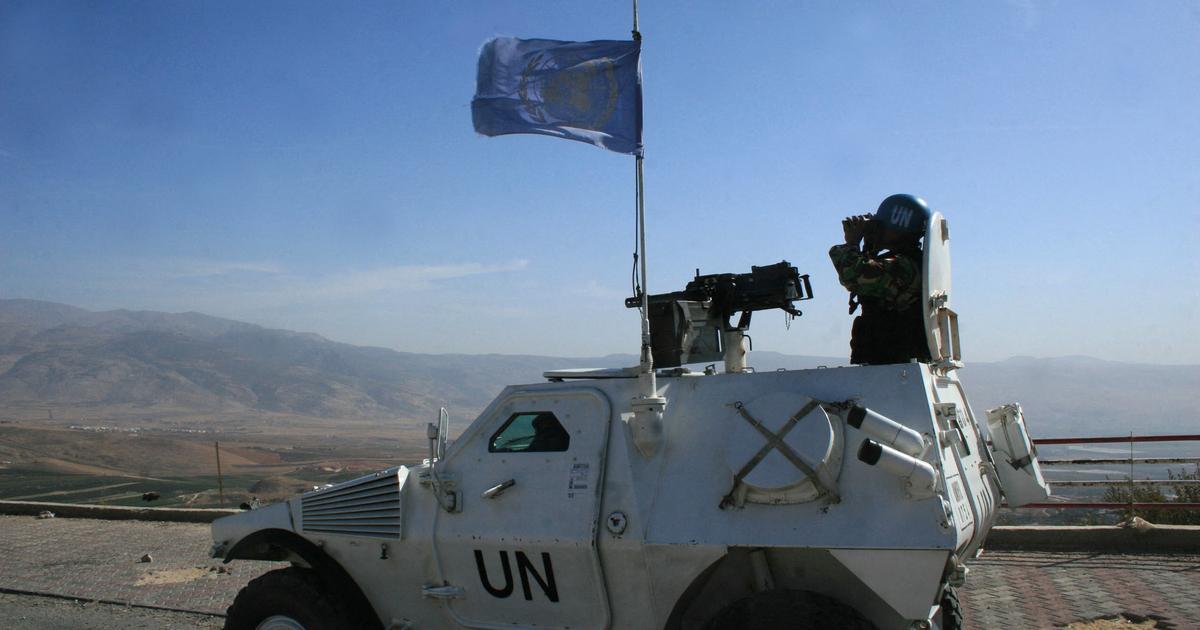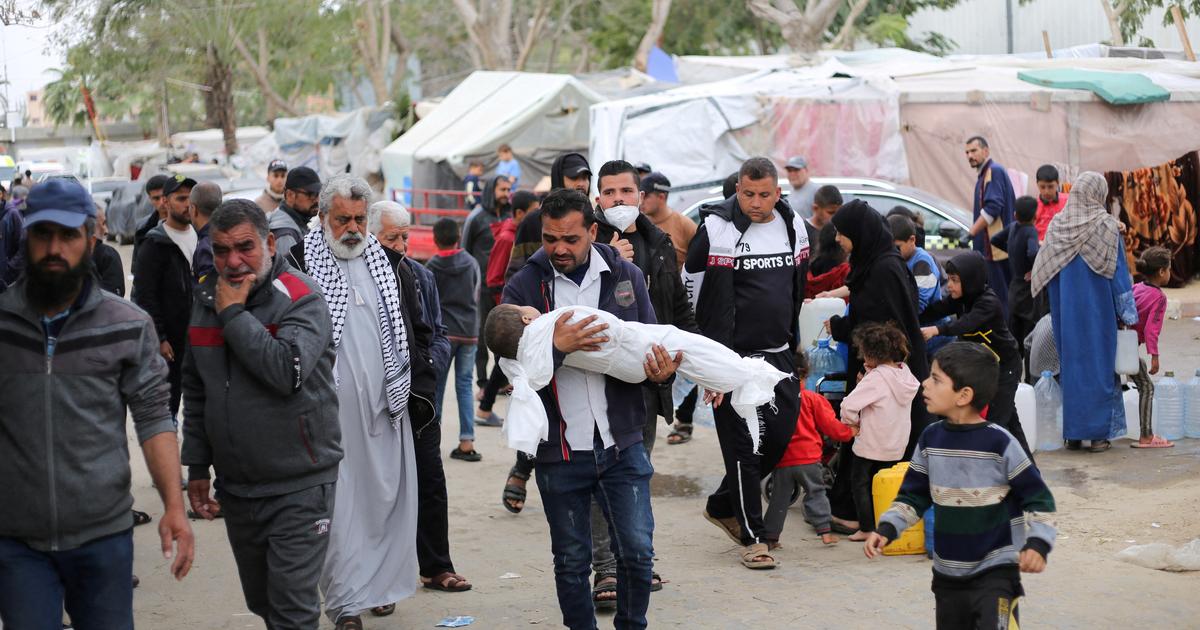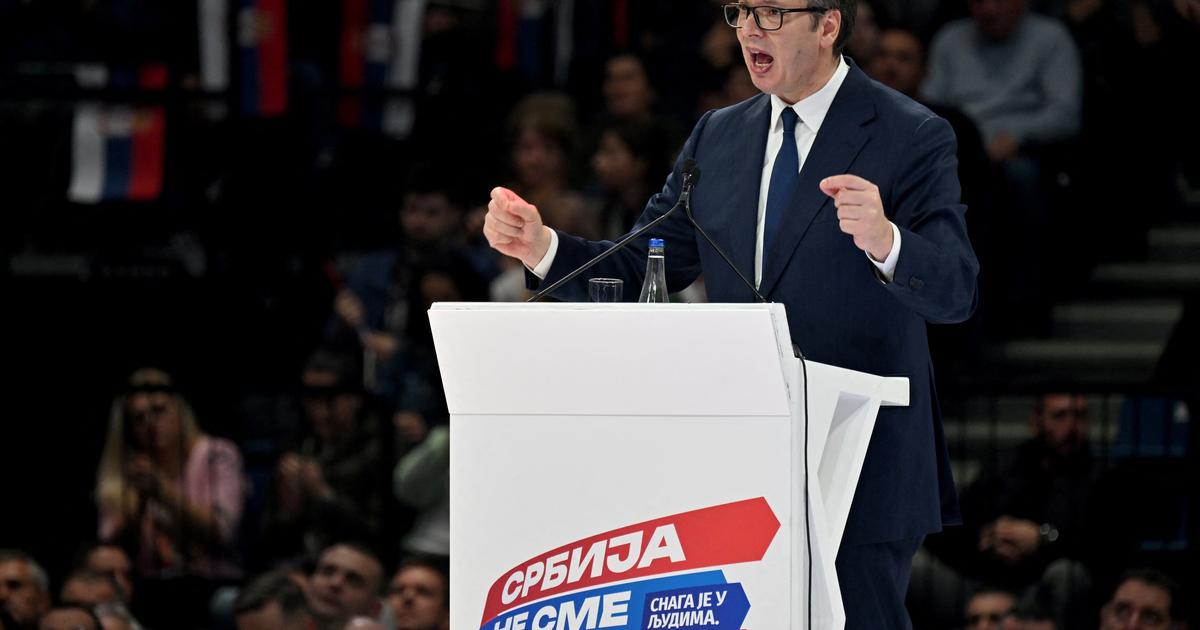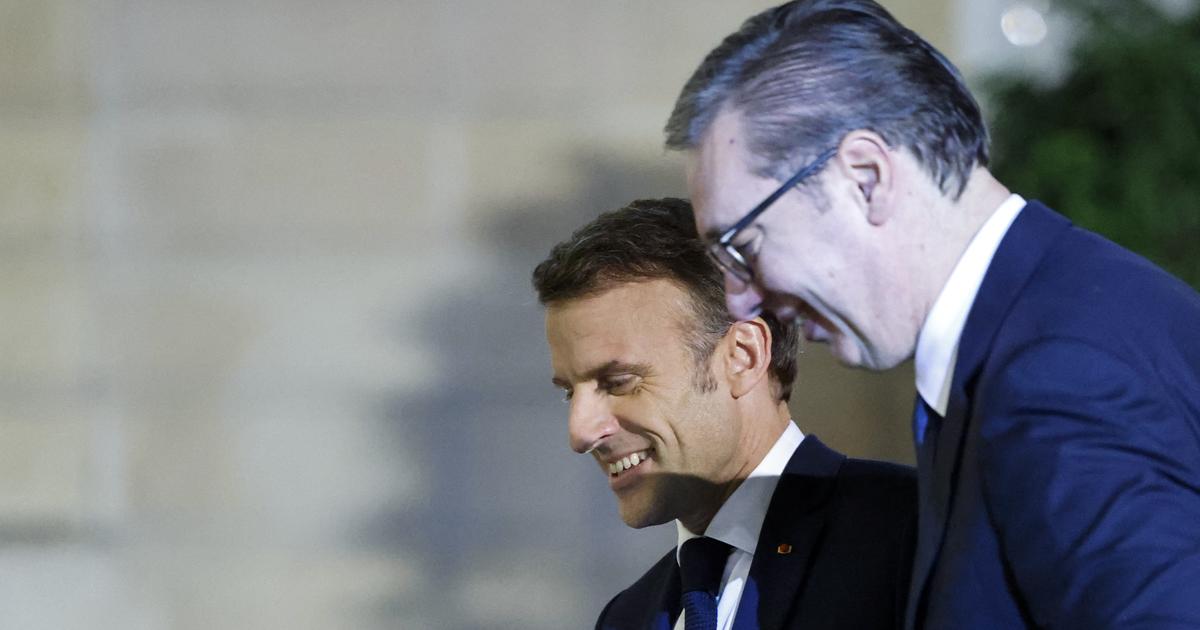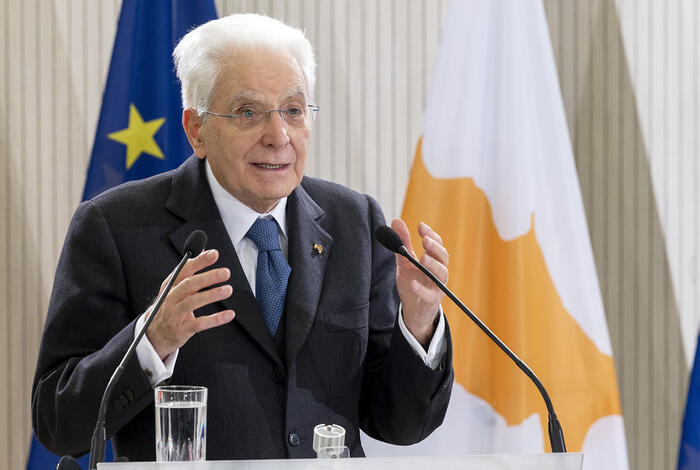Escalating tension persists in northern Kosovo. This Monday, after NATO increased the deployment of its peace support force (Kosovo Force or KFOR) in four municipalities in the north of the country where since Friday there was an increase in riots and violence, there have been clashes of Kosovo Serb demonstrators with the uniformed of the Atlantic Alliance in the town of Zvecan (7,300 inhabitants). Several people have been injured, according to local media reports and witnesses on the ground, who speak of the use of tear gas, as the crisis between Serb minority citizens and the country's Albanian-majority authorities intensifies.
NATO reports 25 wounded among its multinational forces deployed there. They have suffered trauma, fractures and burns from the explosion of "incendiary devices," according to the Alliance. The Italian Defense Ministry added in a message via Twitter that several Italian, Hungarian and Moldovan soldiers were wounded. The local press, in turn, speaks of injuries among the Kosovo Serb demonstrators.
Kosovo's President Vjosa Osmani has denounced the violence. Osmani tweeted in English: "Illegal Serb structures, turned into criminal gangs, have attacked Kosovo police, KFOR agents and journalists. These unacceptable acts of violence must be condemned by all." The Kosovar leader has accused Serbian President Aleksandr Vucic of "destabilizing" northern Kosovo. Meanwhile, the EU, the United States and NATO have criticized in recent days the authorities of Kosovo, territory independent from Serbia in 2008, for fueling tension.
Serb illegal structures turned into criminal gangs have attacked Kosovo police, KFOR officers & journalists.
These unacceptable acts of violence should be condemned by all. Those who carry out Vucic's orders to destabilize the north of Kosovo, must face justice.
— Vjosa Osmani (@VjosaOsmaniPRKS) May 29, 2023
NATO, which has a team of about 3,800 people deployed in the country after the 1998-1999 war, had taken the decision to reinforce its presence in the area after the altercations of recent days after the attempted takeover (aided by the police) of mayors of Albanian descent in several municipalities where a majority of the Serb population lives. This population is a minority in the whole of the former Serbian province, where they represent only 5.8% of the population of 1.8 million inhabitants. The Serb minority decided to boycott last April a local election that the government in Pristina held, although with only 3.4% participation.
"KFOR is ready to take all necessary measures to ensure a secure environment in a neutral and impartial manner," NATO said in a statement, saying it was in contact with the Kosovo and Serbian security bodies.
The most intense crisis this year
The crisis of these days is the most intense of this year, after other important peaks of tension. On Monday, NATO placed its soldiers forming security cordons around three Kosovo town halls to try to keep protesters away, Reuters reports. Schools in several northern towns have suspended classes, Serbian Dragisa Milosevic, mayor of one of them, Zvecan, said in a live webcast.
On Friday, a dozen people were injured amid riots and police charges by the Albanian-majority police. Faced with this situation, Serbia ordered its army to put itself on combat alert and move towards the border. Last year, Belgrade made a similar decision.
The EU, NATO and the United States have warned of the situation in the area and have criticized the Kosovar government. They consider that Pristina's moves to penetrate municipal buildings with police forces for new mayors to take office, with the consequent repression of Kosovo Serb protests, only contribute to increasing tension.
Russia, with close ties to Serbia, has again charged on Monday against the West, which it blames for the escalation. "A huge explosion threatens [to be unleashed] in the heart of Europe, where NATO carried out an aggression against Yugoslavia in 1999," Foreign Minister Sergey Lavrov said Monday during a visit to Kenya. The situation is alarming, the West has set course for the total submission of anyone who in any way expresses their own opinion," he insisted.
The EU's High Representative for Foreign Policy, Josep Borrell, who has been mediating between Kosovo and Serbia for months, spoke with NATO Secretary General Jens Stoltenberg on Sunday. Both called on Pristina "not to take unilateral or destabilizing measures." The Prime Minister of Kosovo, Albin Kurti, defended on Sunday the inauguration of the mayors after a conversation with the head of European diplomacy. "The aldermen will serve all citizens," he settled in his social networks.
The Serb minority, meanwhile, is calling on the government in Pristina to dismiss the mayors who emerged from the elections in the northern municipalities in which only about 1,500 of the 45,000 registered voted. The demonstrators are also demanding the withdrawal of special forces (composed of predominantly Albanians) from the area.
Igor Simic, one of the leaders of Serb List, Kosovo's largest Serb party and backed by Belgrade, has accused Kurti of stoking tension. "We are interested in peace. Albanians living here are interested in peace and only he [Kurti] wants to create chaos," he told reporters in the municipality of Zvecan.
Local representatives of Kosovo's northern municipalities and a number of police officers from the Serb minority left their posts last November over Pristina's decision to call local elections. This added to the simmering tension of the so-called "license plate crisis", which emerged in September 2021, when Pristina demanded that Kosovo Serb vehicles have Kosovo license plates. That peak of tension was resolved with EU mediation in November 2022. Belgrade agreed not to issue any more such license plates and Pristina pledged not to fine vehicles with such license plates.
The escalation of violence in recent days has raised new fears of the heating up of the situation and ethnic confrontation in an area that experienced between 1998 and 1999 a conflict — which ended with the bombing of NATO, which intervened on behalf of the Kosovo Albanian majority — in which more than 10,000 people died and forced a million people to flee their homes. Kosovo consummated its independence from Serbia in 2008 and is recognized by 100 of the 193 member countries of the UN (Spain is not among them).
Follow all the international information on Facebook and Twitter, or in our weekly newsletter.
75% discount
Subscribe to continue reading
Read without limits
Read more
I'm already a subscriber

/cloudfront-eu-central-1.images.arcpublishing.com/prisa/OXSAFGDPZ3EEBWCTWE472A7UQI.jpg)
